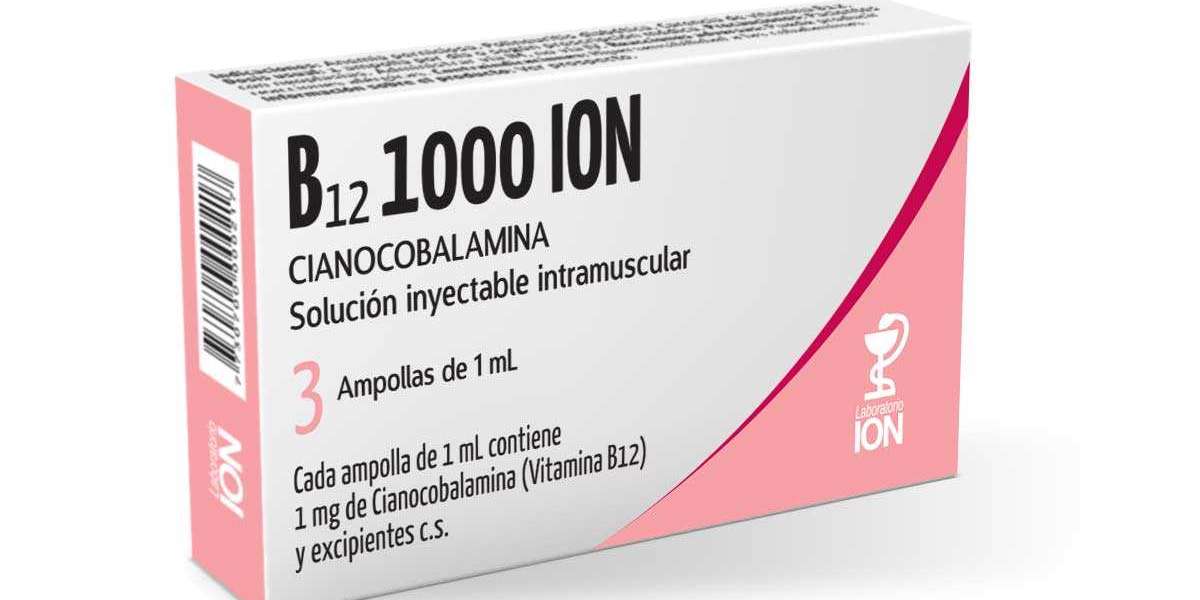Thyroid health is crucial for overall well-being, as the thyroid gland plays a significant role in regulating metabolism, energy levels, and hormonal balance. Hypothyroidism, a condition characterized by an underactive thyroid, can lead to various health issues if left untreated. In this guide, we will explore the symptoms, causes, and treatments of hypothyroidism, providing you with a comprehensive understanding of this condition.

What is Hypothyroidism?
Hypothyroidism occurs when the thyroid gland does not produce enough thyroid hormones, primarily thyroxine (T4) and triiodothyronine (T3). This deficiency can result in a slowed metabolism and various physical and mental health challenges. Understanding the symptoms of hypothyroidism is essential for early detection and effective management.
Symptoms of Hypothyroidism
Recognizing the symptoms of hypothyroidism is vital for timely intervention. Common symptoms include:
- Fatigue and weakness
- Weight gain or difficulty losing weight
- Cold intolerance
- Dry skin and hair
- Constipation
- Depression and mood swings
- Memory problems
If you experience several of these symptoms, it may be time to consult a healthcare professional for a thyroid health evaluation.
Causes of Hypothyroidism
Several factors can contribute to the development of hypothyroidism, including:
- Autoimmune diseases: Conditions like Hashimoto's thyroiditis can cause the immune system to attack the thyroid gland.
- Radiation therapy: Treatments for head and neck cancers can damage the thyroid.
- Medications: Certain drugs can interfere with thyroid hormone production.
- Iodine deficiency: Iodine is essential for thyroid hormone synthesis; a lack of it can lead to hypothyroidism.
Understanding these causes can help individuals take proactive steps to protect their thyroid health.
Treatment Options for Hypothyroidism
Treating hypothyroidism typically involves hormone replacement therapy. The most common treatment is the daily use of synthetic thyroid hormone levothyroxine, which helps restore normal hormone levels. Regular monitoring and dosage adjustments may be necessary to ensure optimal thyroid health.
In addition to medication, lifestyle changes can support thyroid function. A balanced diet rich in nutrients, regular exercise, and stress management techniques can contribute to overall well-being. For those interested in alternative therapies, has shown promise in improving thyroid function.
Conclusion
Understanding hypothyroidism is essential for maintaining thyroid health. By recognizing the symptoms, identifying potential causes, and exploring treatment options, individuals can take charge of their health. If you suspect you may have hypothyroidism, consult with a healthcare provider for a thorough evaluation and personalized treatment plan.






